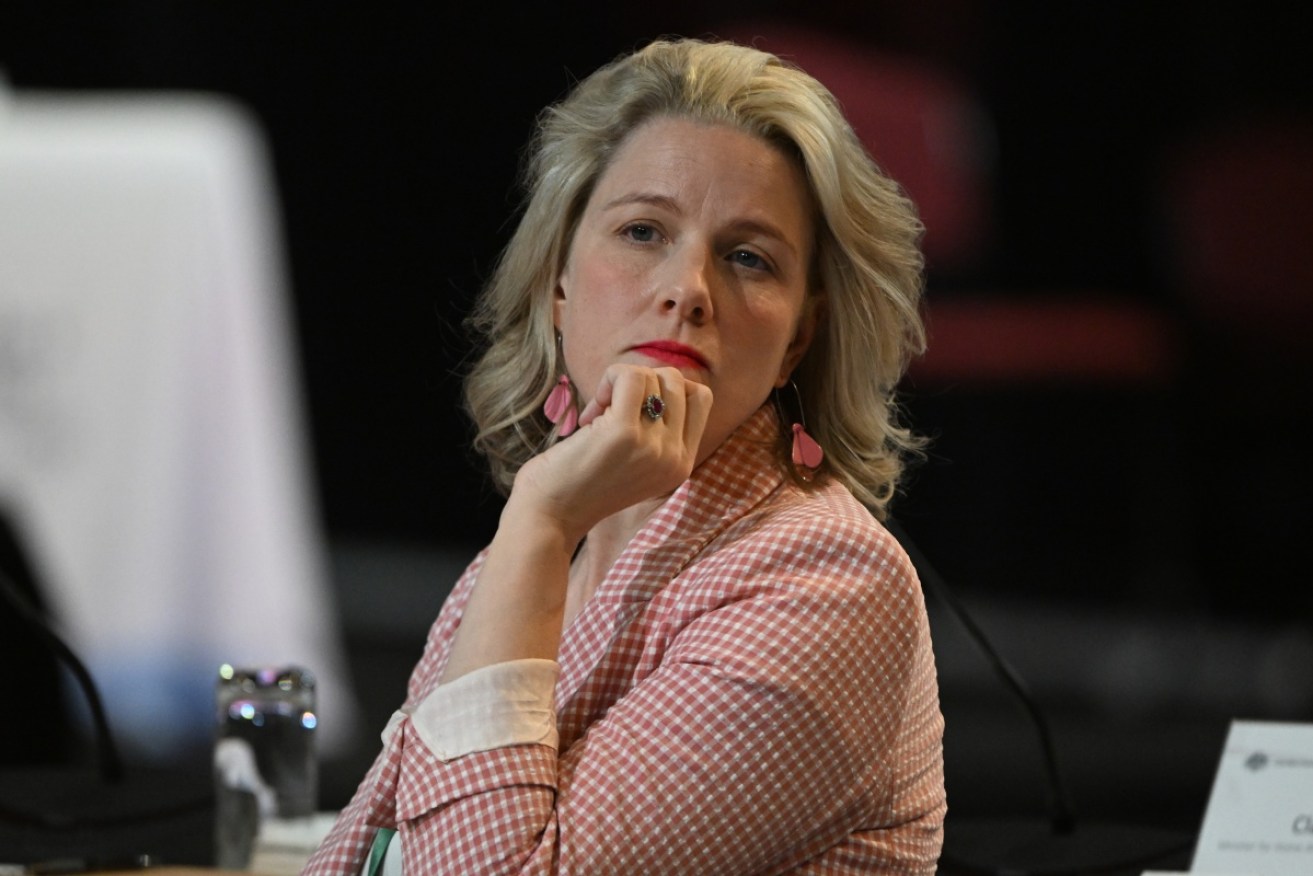Jobs summit: Migration cap to lift, pensioners’ work rules relaxed

Clare O'Neil made the announcement on the second day of the jobs and skills summit in Canberra. Photo: AAP
The Albanese government will boost the permanent skilled migration cap to 195,000 places for this financial year to help fill pressing labour shortages.
The government also plans to relax rules so that seniors can work extra hours without losing their pension entitlements.
The measure, designed to ease pressing labour shortages, was one of 36 “concrete plans” flagged by Treasurer Jim Chalmers in his closing speech at the jobs and skills summit on Friday.
“In order to get more older Australian workers into the workforce, we need to make that easier by relaxing the various work tests,” Dr Chalmers said.
Earlier, Home Affairs Minister Clare O’Neil announced the boost to the permanent migration cap from 160,000 to 195,000 in 2022/23.
Lifting the annual cap to plug skills gaps amid severe staff shortages in multiple sectors was a key point of discussion in the lead-up to the summit.
Ms O’Neil said the change could mean thousands more nurses and engineers settling in the country.
“I note [Nationals leader] David Littleproud is here – David, this will mean 34,000 places in the regions for this year, 9000 more than had been previously announced,” she said.
Ms O’Neil said the measures would include a lift to state- and territory-sponsored visas from 11,000 last year to 31,000.
“There is nothing in this room with universal support, but an area where almost everyone agrees is that we need to lift the permanent migration numbers for this year,” she said.
Dr Chalmers said several steps could be taken “quite quickly” to address migration issues.
This included measures to fix the severe visa processing backlog.
“We’ve got this big backlog when it comes to visas and a lot of business, a lot of employers, would love to employ some of the people caught up in that system – so if we can move quickly on that front, we will,” Dr Chalmers said on Friday.
He also said housing shortages would be a key consideration in any decision to lift the migration gap.
“We think that there is a case to responsibly and cautiously lift the skilled migration cap but not in isolation from housing and not as a substitution for training or getting more people participating in the workforce,” he said.
In a speech on Thursday night, economist Ross Garnaut said skilled immigration was likely to boost real wages.
“It’s much more likely to raise rather than lower average real wages the more it’s focused on the permanent migration of people with genuinely scarce and valuable skills that are bottlenecks to valuable Australian production and which cannot be provided by training Australians,” he said.
Another $4000 for pensioners
Later, Dr Chalmers said pensioners would receive a one-off income credit so working seniors could earn an extra $4000 over this financial year without losing their pension.
With housing shortages a key issue impacting the mobility of the workforce and the ability to boost migration, Dr Chalmers also said the government planned to attract more funding from super funds into housing projects.
“We will make it possible for $575 million in the National Housing Infrastructure Facility to invest in affordable housing by attracting financing from super funds and other sources of private capital,” he said.
“So there’s an important step there on social and affordable housing.”
The government has also committed to $1 billion in joint federal-state funding for fee-free TAFE in 2023 and a boost to the skilled migration cap.
Work restrictions on international students will also be relaxed, and extra funding has been allocated to clear the visa backlog.
As well, workplace relations laws will be modernised to include making bargaining “accessible for all workers and businesses”.
However, Dr Chalmers ruled out bringing forward the government’s signature childcare policy from mid-2023 to get more women into the workforce.
“We would like to be able to fund some of these ideas earlier than we are but the reality is we can’t afford to … and so instead, it will begin in July as we originally intended,” he told the Ten’s The Project.
-with AAP








